YEMERGE is organized around 8 research themes and working groups.
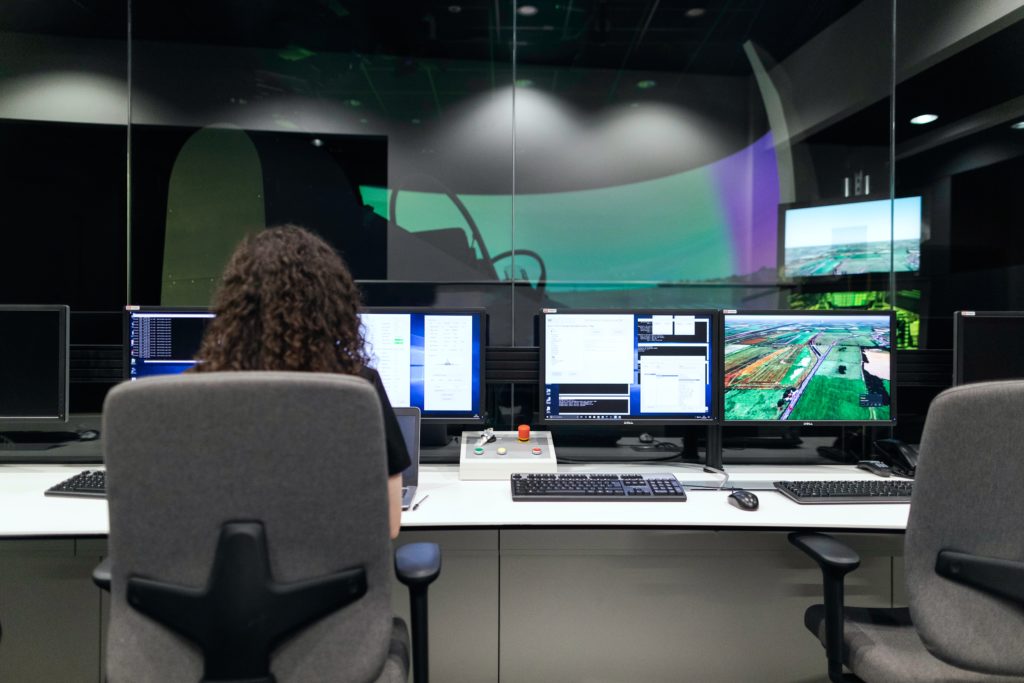
Prediction, Simulation, and Modeling (PSM)
Effective disaster and emergency management relies on reliable foresight, from computational models to machine learning to working with community stakeholders.
The PSM WG is dedicated to advancing the practices of scenario-based modeling, simulation, forecasting, and anticipation related to disasters and their management processes.
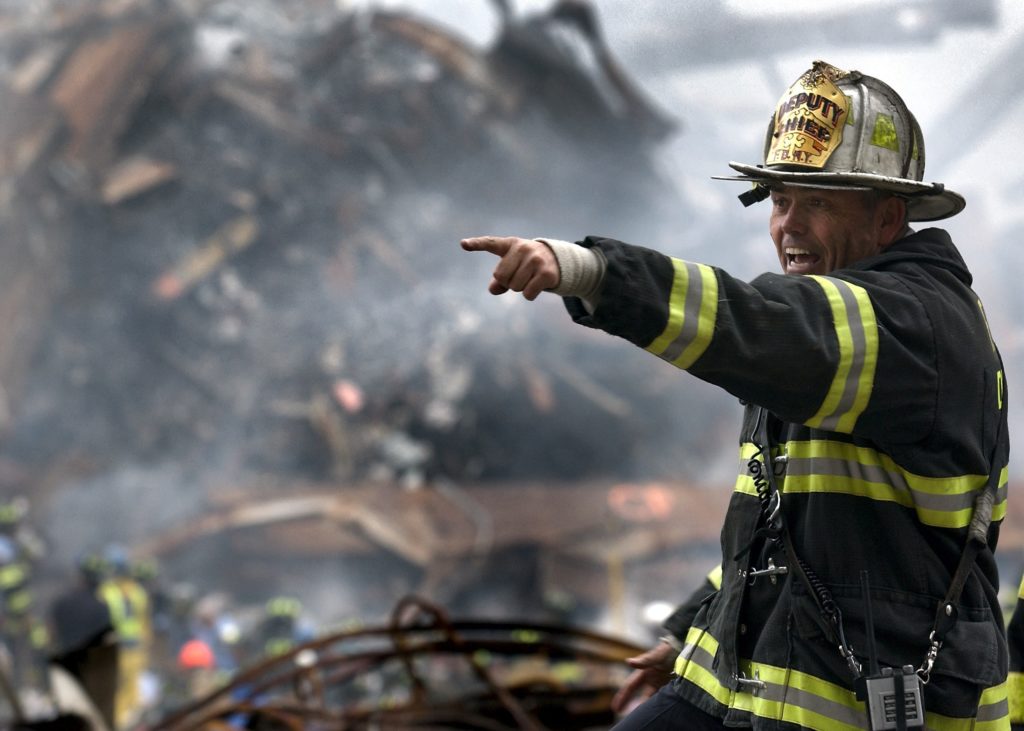
Social, Psychological, and Behavioural (SPB)
Disasters are fundamentally human; even the most technical interventions require deep understanding of communities and processes of uptake.
The SPB WG focuses on topics related to the social, psychological, and behavioural dimensions of disasters, including decision-making, trauma, culture, behavioural and political economics, and social-spatial factors, among other topics.

Ecological, Biological, Physical, and Engineered Systems (EBPE)
Adopting a systems approach, the EBPE WG explores natural science and engineered dimensions of crises, including their relationship to broader political economic structures.
By adopting a transformative, transdisciplinary approach, this WG seeks to break free from traditional silos in our understanding of the disaster’s scientific and technical dimensions – and strives for opportunities to build more robust and resilient systems.
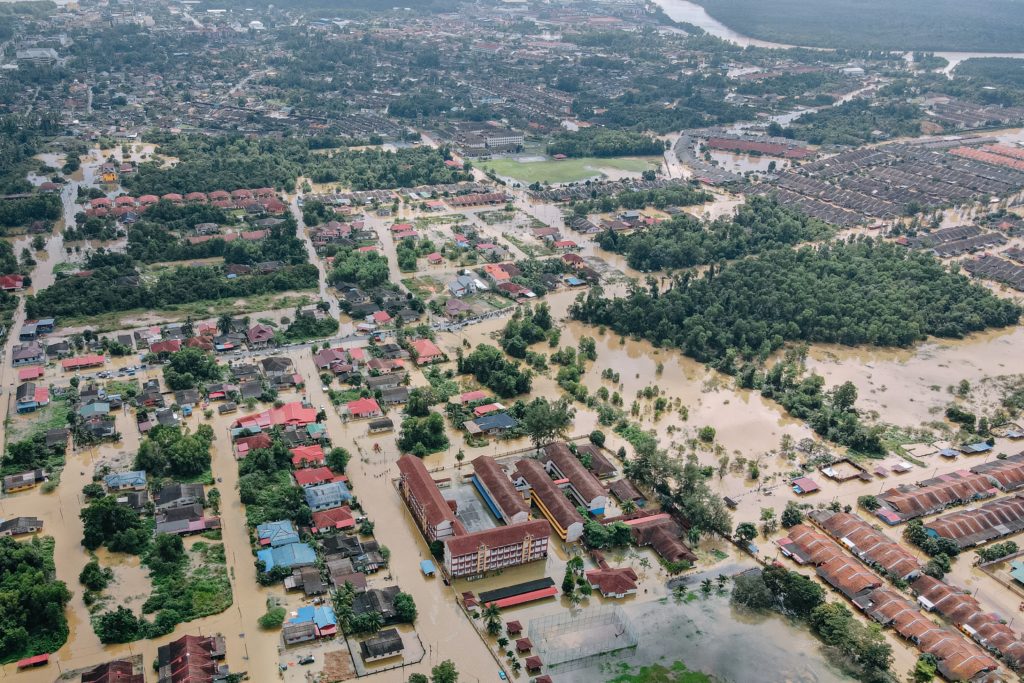
Governance, Policy, Evidence, Ethics, and Law (GPEL)
The GPEL WG investigates the policy and institutional dimensions of emergencies, as well as processes of knowledge synthesis and evidence-based decision-making.
The WG also addresses issues related to the ethical & legal dimensions of emergencies, including implications for socio-economic inequality. It considers past, present, and future emergencies with a broad disciplinary lens.
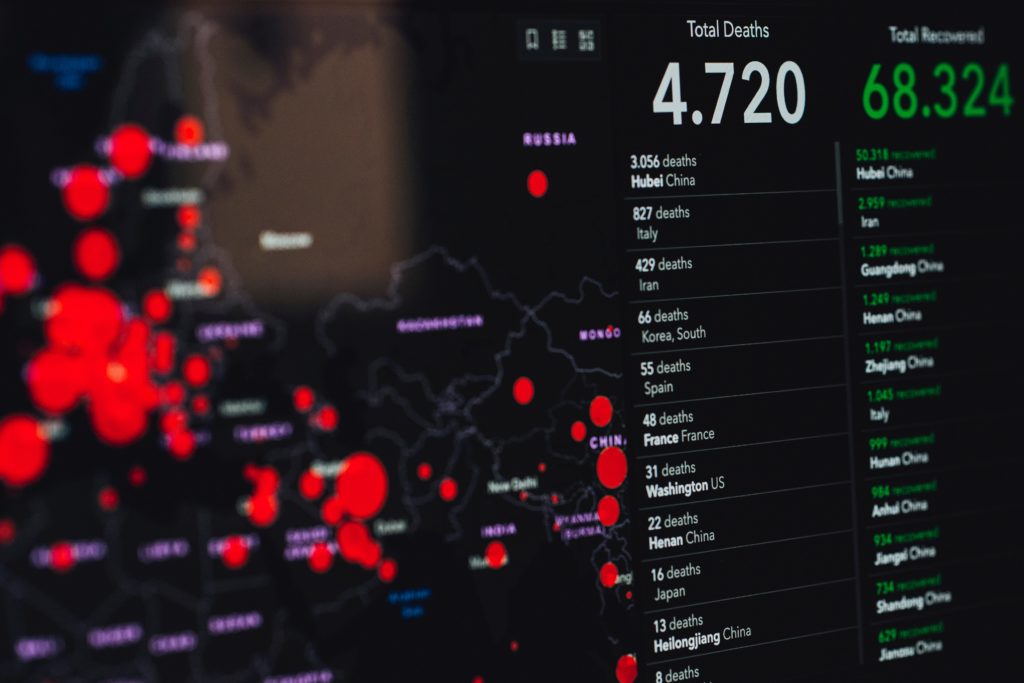
Digital Tools & Platforms (DTP)
The DTP WG studies how digital tools are used, contribute to, and help to manage disasters and emergencies.
It also serves to create platforms – such as tools for Emergency Operation Centers (EOCs), data dashboards, artificial intelligence applications, situational monitoring technologies, and public-focused apps – that support disaster management and community and organizational resilience.
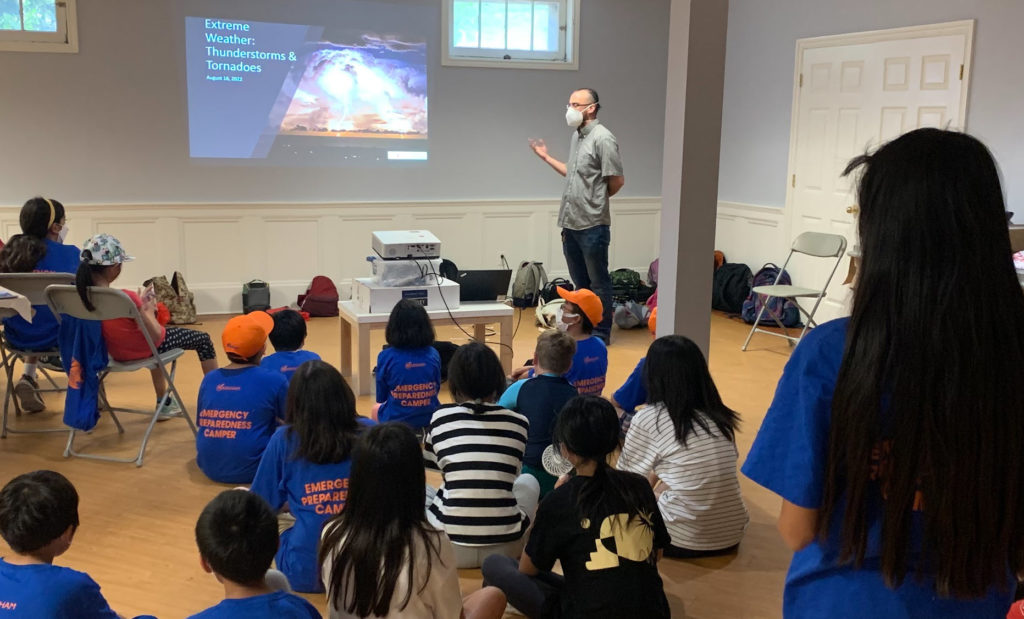
Community Engagement & Inclusive Research (CEIR)
Disasters have often been managed in highly centralized, top-down ways that can adversely affect communities.
The CEIR WG is focused on improving mechanisms for community engagement and the inclusion of public voices in disaster management governance, including with relationship to the distribution of resources.
Moreover, it also seeks to foreground aspects of equity, diversity, and inclusion across all aspects of crisis research and practice.
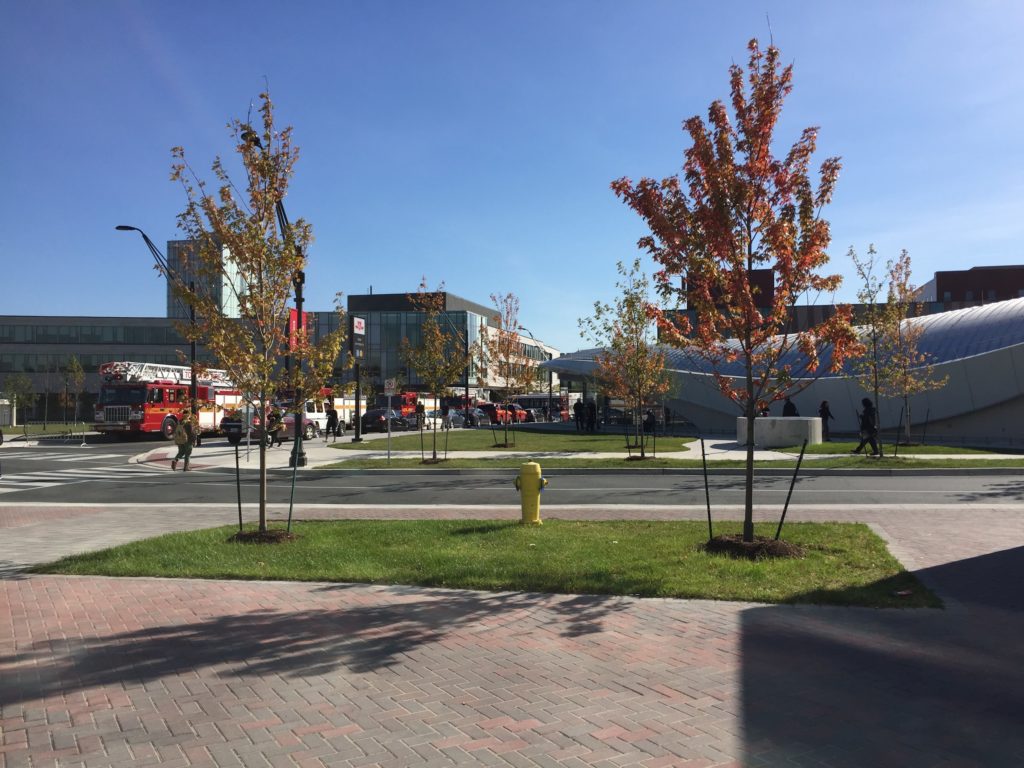
Emergency Support & Rapid-Response (ESR)
The ESR WG focuses on providing and improving real time responses to evolving emergencies.
Activities of the ESR WG include providing EOC capacity in ADERSIM and facilitating real-time decision-support and advice for policy-makers and media from experts across the ORU.
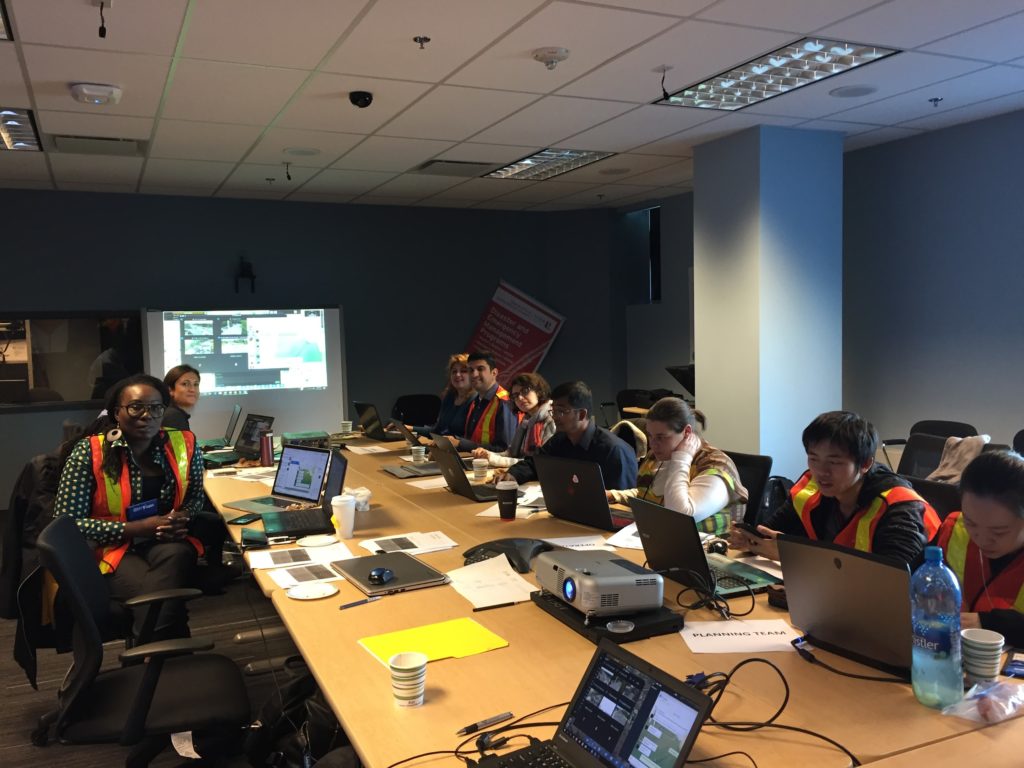
Training, Education, and Mentorship (TEM)
Through academic & practitioner training (e.g., training in the ADERSIM facility, workshops, summer schools, online courses, in-situ mentorship) and evidence-based pedagogical research and internship, the TEM WG will advance the theory and practice of disaster and emergency training and support the training needs of the next generation of emergency management leaders.
